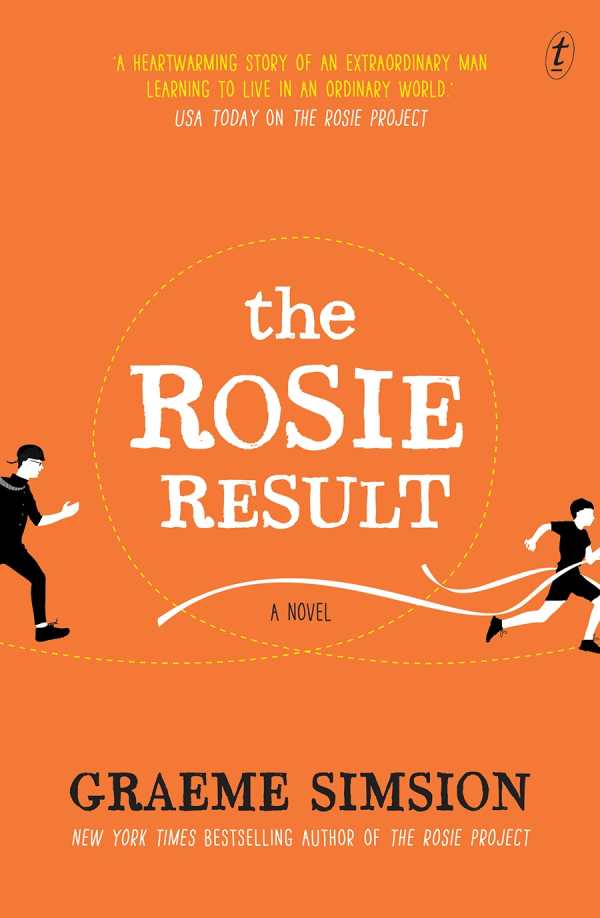The Rosie Result
When their son, Hudson, begins having behavioral difficulties, Rosie and Don discover what comes with a weighty autism diagnosis. In Graeme Simsion’s The Rosie Result, ten-year-old Hudson’s struggles to make friends and tendency to act out result in major changes in the family’s life.
Seeking advice and friendship, Rosie and Don outsource different sections of Hudson’s life to the supportive group of people around them. Each takes a part in Hudson’s development, care, and well-being.
Written in the voice of someone on the autism spectrum, The Rosie Result portrays the developmental disorder with humor and insight. Don’s voice is particular—his intelligence extraordinary—and he is oblivious of how funny he is. His relationships with others are unique and excellently written.
Hudson and Don both grow in a phenomenal way, although their paths are not parallel or linear. Each teaches the other, and each discovers incredible ways of living with autism, while simultaneously teaching everyone about the stigmas around it. Their stories have the potential to reshape the way that people look at developmental disorders and those who fall on the spectrum.
Conversations are the focal point of the story, highlighting each character in depth. The realities of Rosie and Don’s marriage are truthful and raw. Their mutual respect and admiration is evident, but their couples’ bickering and eyerolling is also perfectly authentic. Although The Rosie Result centers on Hudson and Don, each character in it transforms in their own way, and it is excellent at demonstrating that creating a positive community is beneficial for everyone.
Our basic human needs––to be understood, to be accepted, and to have purpose and structure—are universal. The realities of autism and definitions of what’s “normal” remain more obscure. Simsion’s novel depicts autism in such unremarkable ways that its story becomes remarkable in the telling.
Reviewed by
Katie Asher
Disclosure: This article is not an endorsement, but a review. The publisher of this book provided free copies of the book to have their book reviewed by a professional reviewer. No fee was paid by the publisher for this review. Foreword Reviews only recommends books that we love. Foreword Magazine, Inc. is disclosing this in accordance with the Federal Trade Commission’s 16 CFR, Part 255.

